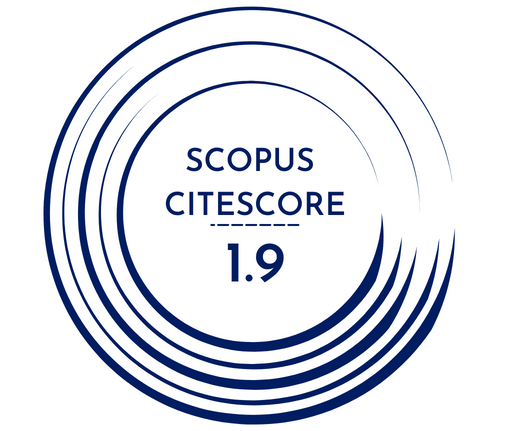We will review recent advances in the psychological treatments for obsessive compulsive disorder. In the early 20th century, psychological treatment for OCD consisted largely of psychodynamic psychotherapy. The general consensus of that era was that OCD was an unmanageable condition with a poor prognosis. Starting from the 1950s, laboratory studies on extinction of conditioned responses followed by clinical research led to the formulation of Exposure and Response Prevention (ERP) for OCD.We have developed a model combining ERP and CBT. This behavioral approach currently is the first-line intervention for adult obsessive-compulsive disorder. Recently predominantly cognitive approaches have been evaluated to overcome the shortcomings of ERP. Methodologically rigorous controlled trials have suggested that the benefits from CBT exceed those from placebo and attention-control conditions and have similar or greater efficacy than serotonergic monotherapy. The clinical predictors for response to CBT include symptom severity, symptom subtype, severe depression, the presence of comorbid personality disorders, family dysfunction and the therapeutic alliance. Combination treatment with pharmacotherapy has generally revealed promising results. Nevertheless, more studies are still needed in certain areas. We will explain in detail how we practice in our patients and the results.

.jpg)

.png)